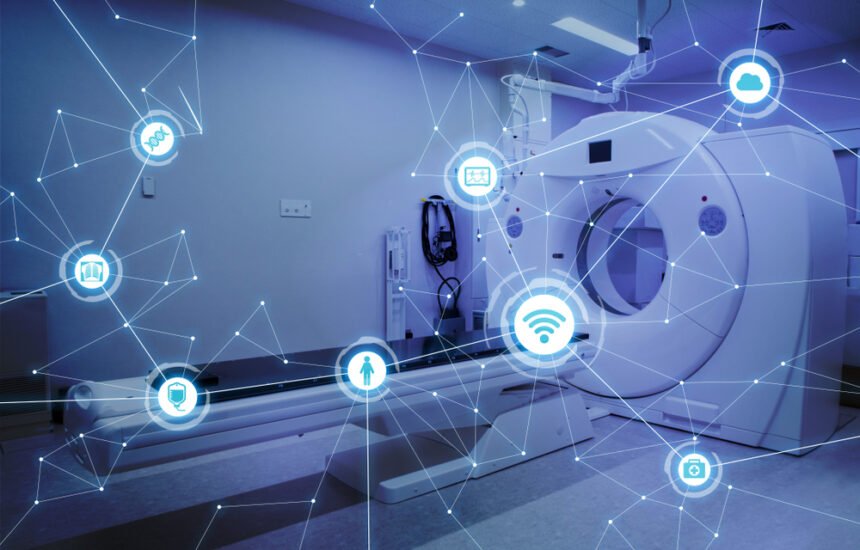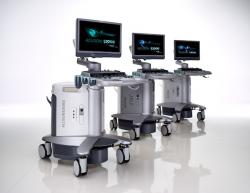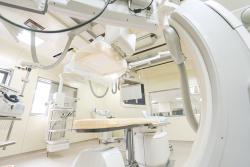Introduction
The development of medical device software is an intricate and delicate process that requires a lot of planning, attention to detail, and precision. It is crucial to ensure that medical device software is developed with the utmost care to ensure patient safety and regulatory compliance. In this blog post, we will discuss the top 5 considerations for successful medical device software development.
Consideration 1: Regulatory Compliance
Medical device software development is a field that is heavily regulated, and compliance with the various regulations is crucial to ensure the safety, reliability, and effectiveness of the software. When developing medical device software, it is essential to comply with regulations such as FDA 21 CFR Part 11, ISO 13485, and IEC 62304.
Failure to comply with these regulations can result in significant outcomes, including fines, lawsuits, and damage to the reputation of the company. It is therefore essential to ensure that the software development process is well-documented and that all changes are tracked and documented.
One way to ensure compliance with regulatory requirements is to implement a Quality Management System (QMS), which is a set of policies, processes, and procedures that ensure that the product meets the necessary regulations and quality standards. A QMS can help to ensure that the software is developed in a consistent and controlled manner by teams, with clear documentation of all processes and changes.
In addition to complying with regulations and implementing a QMS, it is also important to conduct thorough risk assessments throughout the development process. This involves identifying potential risks and hazards associated with the software and taking steps to mitigate them. By conducting risk assessments, developers can ensure that the software is safe and reliable for use in medical settings.
Therefore, compliance with regulations, implementation of a QMS, and conducting thorough risk assessments are all critical considerations when developing medical device software.
Consideration 2: User Requirements
It is essential to understand the user requirements for medical device software. This includes understanding the user’s workflow, the user interface design, and the user experience. It is important to ensure that the software is easy to use, intuitive, and meets the user’s needs. Usability testing and user feedback are critical to ensure that the software meets the user’s requirements.
Consideration 3: Risk Management
Risk management is an essential aspect of developing medical device software. Ensuring that the software is developed with risk management in mind helps to identify, assess and mitigate potential risks. A thorough risk analysis should be conducted as part of the software development process, taking into account any possible risks that could arise. This will help to ensure that the software is safe and reliable for its intended use. In addition, it is important to regularly review and update the risk management plan to keep it current and effective.
One key area to consider is the potential for user error. Medical devices are often used by healthcare professionals who may be under pressure or working in stressful environments. Therefore, the user interface should be designed with usability in mind, to minimize the risk of user error. Another consideration is the potential for cybersecurity risks. With the increasing use of connected medical devices, it is important to ensure that the software is designed with security in mind to protect against potential cyber attacks.
Furthermore, it is important to consider regulatory requirements when developing medical device software. Depending on the intended use of the software and the market it will be sold in, different regulatory requirements may apply. Compliance with these requirements is essential to ensure that the software can be legally marketed and used. Therefore, it is important to work with regulatory experts to ensure that the software development process is in line with the relevant regulations.
In summary, risk management is a critical consideration in the development of medical device software. Conducting a thorough risk analysis, designing the user interface with usability in mind, addressing potential cybersecurity risks, and complying with regulatory requirements are all important steps to ensure that the software is safe and effective for its intended use.
Consideration 4: Documentation
Documentation is a critical component of successful medical device software development. It is essential to ensure that all documentation is complete, accurate, and up-to-date. This includes software requirements, design specifications, test plans, and user manuals. All documentation should be well-organized and easily accessible to the development teams, regulatory authorities, and end-users.
Consideration 5: Testing
Testing is a critical component of successful medical device software development. It is important to ensure that the software is thoroughly tested to ensure that it is safe, reliable, and effective. This includes unit testing, integration testing, system testing, and acceptance testing. It is also important to conduct testing in a simulated environment that is similar to the actual environment in which the software will be used.
Conclusion
Successful medical device software development requires careful planning, attention to detail, and precision. It is crucial to ensure that all regulatory requirements are met, user requirements are understood, risk management is addressed, documentation is complete, and testing is thorough. By considering these top 5 considerations, medical device software development can be successful and ensure patient safety and regulatory compliance.








